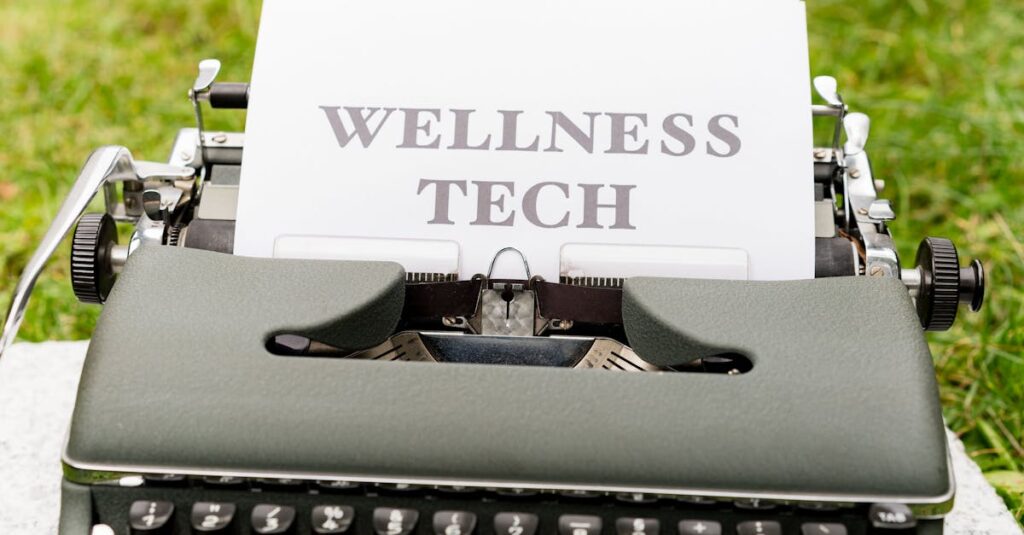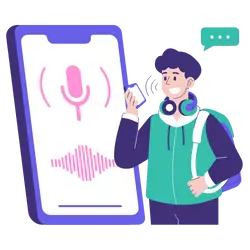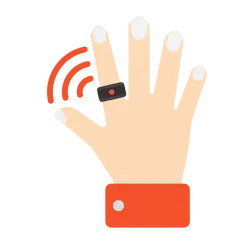Introduction
If you’re like most people, the idea of using an app to help with your mental health probably sounds a bit… unusual. I mean, how can a tiny screen help you untangle a mind full of stress, anxiety, or sadness? But here’s the thing: mental health apps aren’t just some gimmick. They actually work, and in ways that can complement or even enhance traditional therapy. Whether you’re struggling to find time for therapy or looking for tools to manage stress day-to-day, these apps might just be the lifeline you never knew you needed.
What Makes These Apps Different?
So, what’s the catch? Why do some mental health apps actually make a difference, while others end up feeling like one more thing to add to your already overwhelming to-do list?
The key lies in how these apps engage with the brain. Some use research-backed techniques like cognitive-behavioral therapy (CBT), while others help regulate mood through meditation or mindfulness. The common thread is that these apps don’t just make you feel better for a few minutes, they can help you learn, adapt, and reframe your thinking over time. But with so many options out there, which ones actually work? Let’s take a closer look.
Headspace: Mindfulness Made Simple
If you’ve ever tried meditation and thought, “This is too hard,” or “I can’t focus long enough to make a difference,” you’re not alone. Enter Headspace, one of the most popular mindfulness apps out there. The beauty of Headspace is that it makes mindfulness feel approachable for beginners. The guided meditations are short and sweet, often just 10 minutes, so you can sneak in a session during a break or before bed.
One of the standout features of Headspace is its “Sleepcasts.” These are calming audio experiences designed to help you unwind and fall asleep faster. And if you’re someone who struggles with stress or anxiety, these meditations can offer immediate relief. Over time, you might notice an improvement in your ability to handle stress or stay calm in difficult situations.
Calm: Beyond Meditation
While meditation is at the core of Calm, it offers much more. The app also includes soothing music tracks, nature sounds, breathing exercises, and even sleep stories narrated by soothing voices. Calm also has a series of masterclasses from mental health experts and mindfulness teachers, which give you actionable tips to manage everything from work stress to relationship issues.
My friend Rachel swears by Calm when she’s feeling overwhelmed. She told me that after just a week of using the app, she found herself using breathing exercises whenever she started feeling anxious at work. For her, Calm didn’t just teach her how to meditate, it taught her how to slow down and take control of her thoughts. Plus, with the option to set daily reminders, you’ll be nudged to incorporate mindful moments throughout your day.
BetterHelp: Therapy in Your Pocket
If you’re craving the professional touch but can’t make it to therapy appointments, BetterHelp is one of the best options out there. This app connects you with licensed therapists for virtual sessions via text, video, or audio. No need to worry about commute times or rigid schedules, it’s all on your terms.
What I love about BetterHelp is that it offers flexibility in how you communicate with your therapist. If you’re not comfortable talking face-to-face, you can send messages or schedule a video call at a time that fits your life. It’s especially helpful for people who live in areas with limited access to mental health professionals or those who prefer the anonymity that comes with online therapy.
Wysa: AI Meets Therapy
If you’re looking for a more interactive experience, Wysa is a unique app that blends artificial intelligence with therapeutic techniques. The app’s AI chatbot is designed to talk you through tough moments, providing support and guidance in real-time. Wysa uses evidence-based methods like CBT and dialectical behavior therapy (DBT) to help you reframe negative thoughts and build better coping strategies.
I was skeptical at first, after all, how can a chatbot truly understand my emotions? But after trying Wysa out during a stressful week, I was surprised at how effective the conversations were. The app helped me work through my anxiety, identify unhelpful thought patterns, and track my progress. While it’s not a replacement for therapy, Wysa is a great tool for those who need quick, on-the-go support.
How to Choose the Right Mental Health App
With so many options available, how do you decide which one is right for you? Here are a few things to keep in mind:
- What’s your goal? Are you looking for something to help with sleep, stress, or more serious issues like depression? Some apps focus on specific areas, while others offer more general tools.
- What’s your preferred style? Do you want an app that uses meditation, or are you more interested in therapy-style support? Think about how you prefer to work on your mental health.
- What’s your budget? Many mental health apps offer free versions, but premium features often require a subscription. Make sure you’re comfortable with the pricing model before committing.
- Consistency is key. The best results come from consistent use. Pick an app that you’ll actually use regularly, whether that’s a daily meditation session or a weekly therapy check-in.
Conclusion: Embrace the Tech, Find What Works for You
At the end of the day, mental health tech is just that, technology. It’s not a magic fix, but it’s a tool that, when used consistently, can help you improve your mental well-being. Apps like Headspace, Calm, BetterHelp, and Wysa are changing the way we think about mental health care, making it more accessible and personalized. But, just like with any tool, the key is finding what works for you. So, why not try a few out and see what sticks?
Remember, it’s okay to ask for help, and sometimes that help comes in the form of a simple app on your phone. Your mental health matters, and with the right tech, it might just become easier to take care of.



